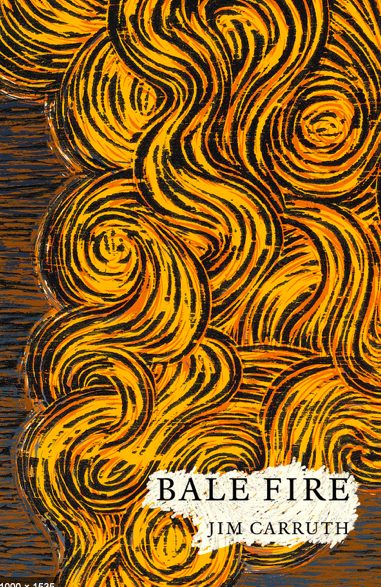“No man was ever yet a great poet without being at the same time a profound philosopher.”
This quotation is appropriate to describe the loss of old ways, the generations old connection to the land from father to son, the harsh struggle of man against nature, and the wistful reflection of the years going by, all of which are to be found within this collection, as Jim Carruth shows us the countryside in all its unvarnished truths.
Birth and A Killing, remind us that for some the countryside is a place of work, often a harsh master, and that a family pet running free amongst sheep, or a calf and its mother dying at birth, can often be the difference between breaking even or financial ruin for a farmer.
Greek mythology and the yearning for home – a place to be – feature heavily in this work, but too often we fail to see beyond the rural idyll and forget the decline and the human cost of working the land. The eternal vigilance of the shepherd in Cyclops – the shepherd, the woman struggling on her own in A Farmer Doesn’t Want a Wife, the old man dying alone in The Fall of Elpenor, or nature at its most savage in The Night of the Fox; these are the forgotten struggles, the battles to be won that put the food on our plates, and yet rarely a word is said in gratitude to the victors.
Death, decline, and a yearning for what could have been, are common themes in Bale Fire, but there are lighter moments too, rays of sunshine to punctuate the gloom. Calypso is a fine example.
Carruth’s are well crafted poems, drawn deeply from a well of experience, often tinged with bitterness but never with cynicism, and sometimes surprising the reader with moments of pure joy – an apt metaphor for those who live and work the land, and perhaps of life itself.
